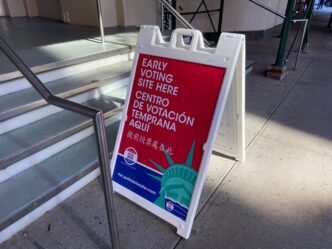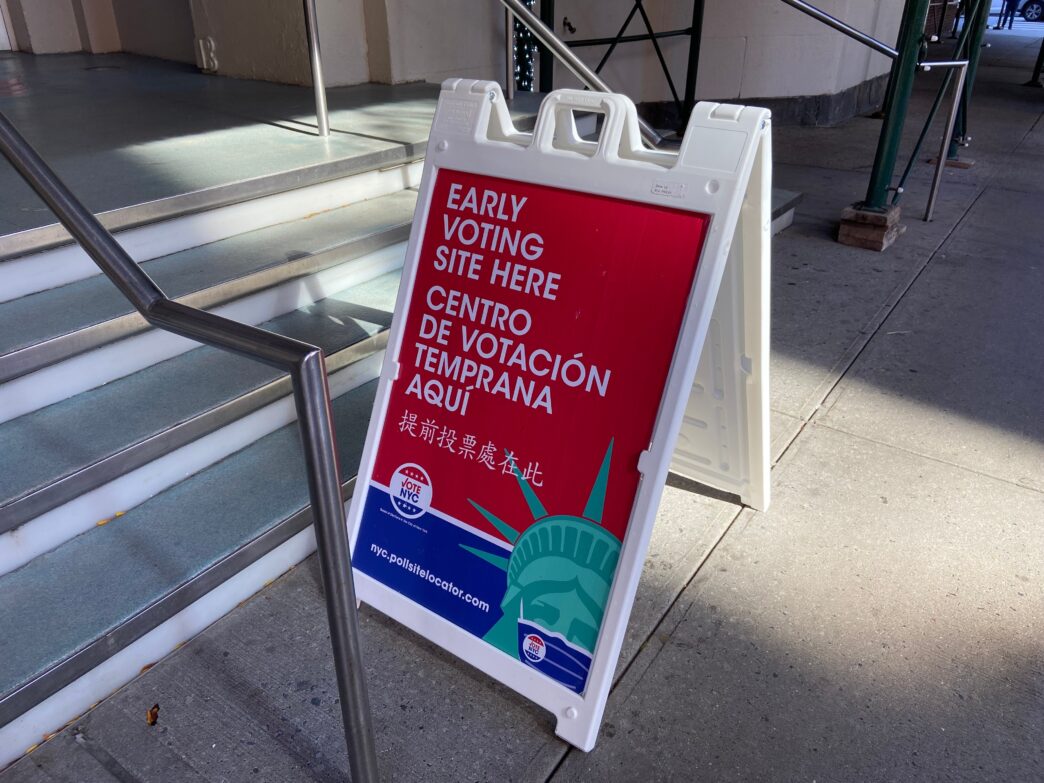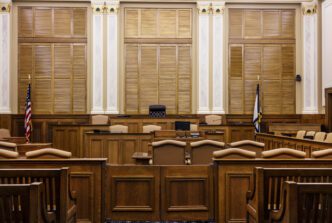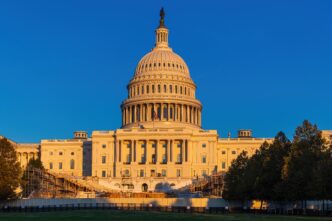Executive Summary
- A study by Johns Hopkins University and Public Agenda finds 84% of Americans believe democracy is in crisis.
- Republicans are divided into three factions: "Trump-first," "Constitution-first," and "Party-first."
- Only 18% of Republicans express confidence that the 2020 election was legitimate, compared to 96% of Democrats.
- Differing media habits reinforce partisan divides, with Republicans favoring cable news and Democrats preferring broadcast media.
A comprehensive new study conducted by the SNF Agora Institute at Johns Hopkins University and Public Agenda reveals that 84 percent of Americans believe the nation’s democracy is either in crisis or facing serious challenges. The report, released recently, utilizes data from a national survey of 4,500 respondents to highlight deep concerns across the political spectrum regarding the state of U.S. governance and electoral integrity.
The research identifies a significant fracture within the Republican Party regarding the interpretation of the Constitution and the scope of executive authority. According to the study, Republican voters can be categorized into three distinct subgroups: "Trump-first" Republicans (29 percent), "Constitution-first" Republicans (34 percent), and "Party-first" Republicans (36 percent). Researchers noted that "Trump-first" Republicans support broad presidential authority to achieve policy goals, with a majority favoring a constitutional change to allow Donald Trump to run for a third term.
In contrast, the report states that "Constitution-first" Republicans prioritize checks and balances and clear legislative roles for Congress. While most of this group voted for President Trump, they oppose altering the Constitution to permit a third term. The "Party-first" cohort constitutes the remaining 36 percent, characterized by lower engagement in political discussion and uncertainty regarding the limits of presidential power.
Andrew Seligsohn, president of Public Agenda, stated that while Americans share a deep concern for democracy, the underlying motivations vary. "Republicans in particular are divided between those who support unfettered presidential power and those who believe checks and balances are essential to the integrity of our constitutional order," Seligsohn said. He added that these differences represent a "deep cleavage" with significant consequences for the future.
Trust in electoral integrity remains a polarizing issue according to the data. The study found that while 96 percent of Democrats and 56 percent of Independents believe the 2020 election was legitimate, only 18 percent of Republicans express confidence that Joe Biden won fairly. Additionally, the report indicates that one-third of all Americans believe federal elections are not free and fair, although confidence in local elections is higher at 59 percent.
Sociological & Political Implications
The delineation of distinct ideological factions within the Republican Party suggests that political polarization is evolving from a traditional partisan divide into a more complex internal struggle over constitutional norms. The findings underscore that the electorate’s view of democratic institutions is increasingly fragmented by media consumption habits and divergent definitions of legitimacy. As the nation moves toward future election cycles, the stability of democratic governance may depend on how these internal fractures regarding executive power and electoral trust are reconciled within the political mainstream.








